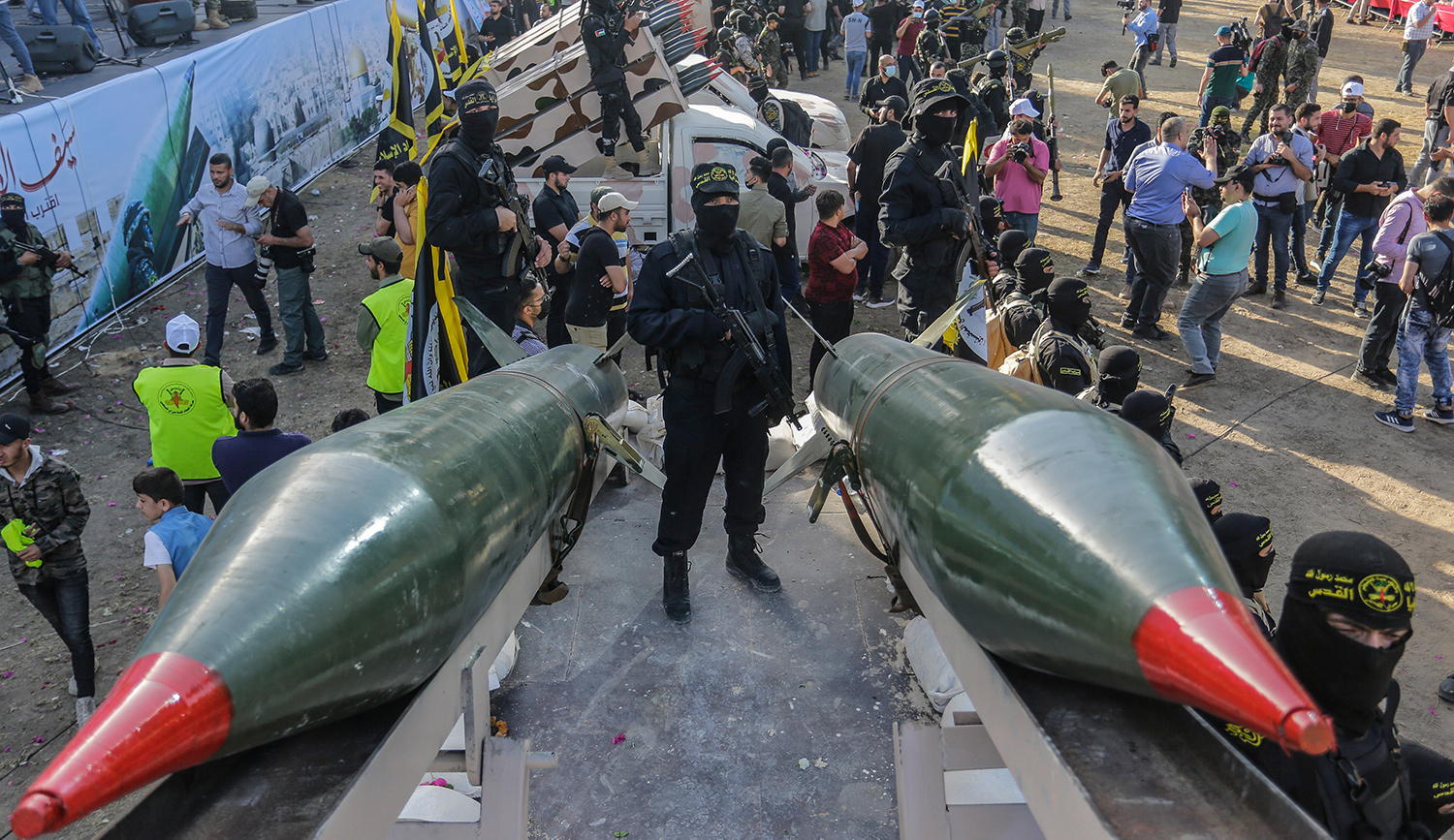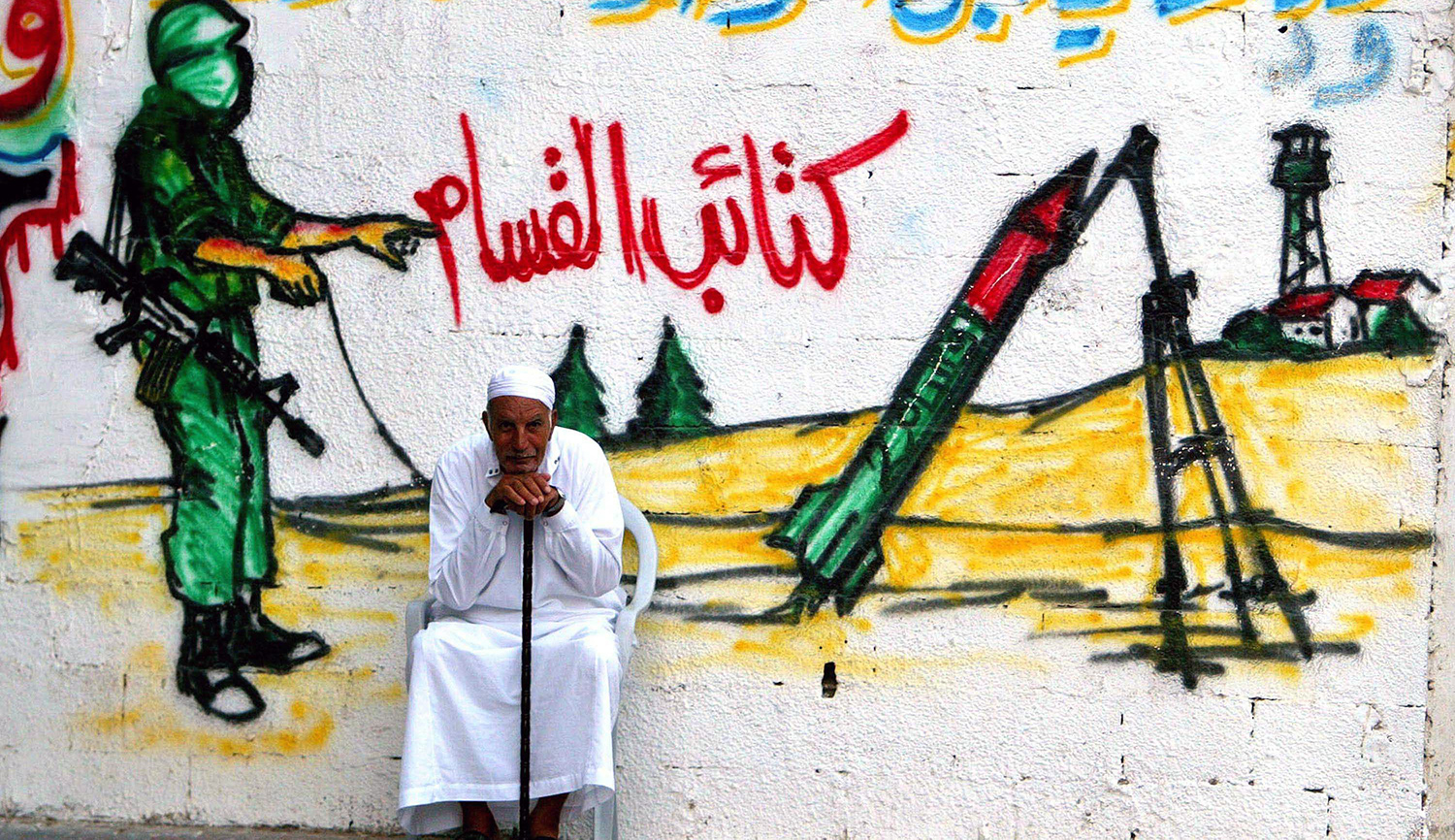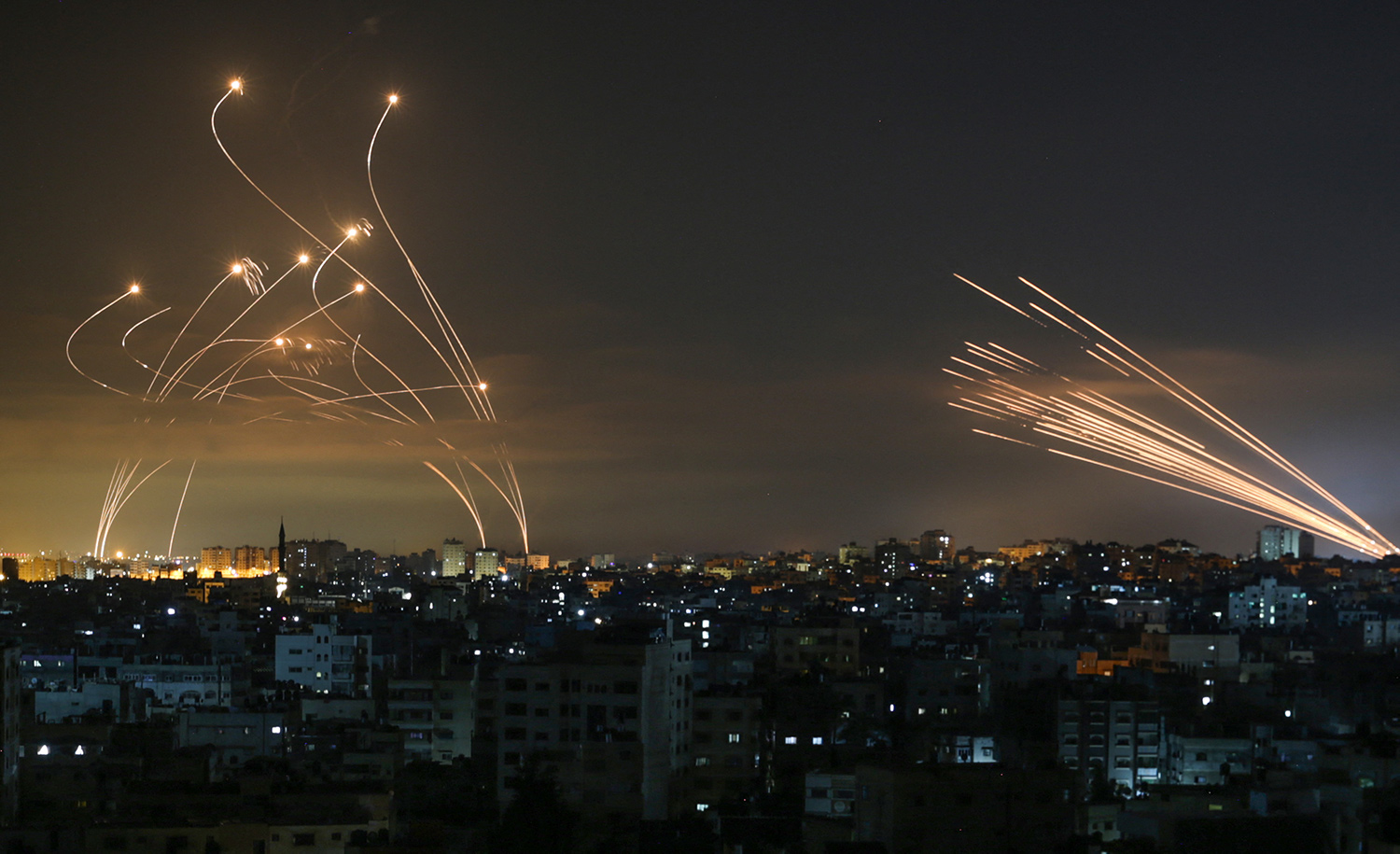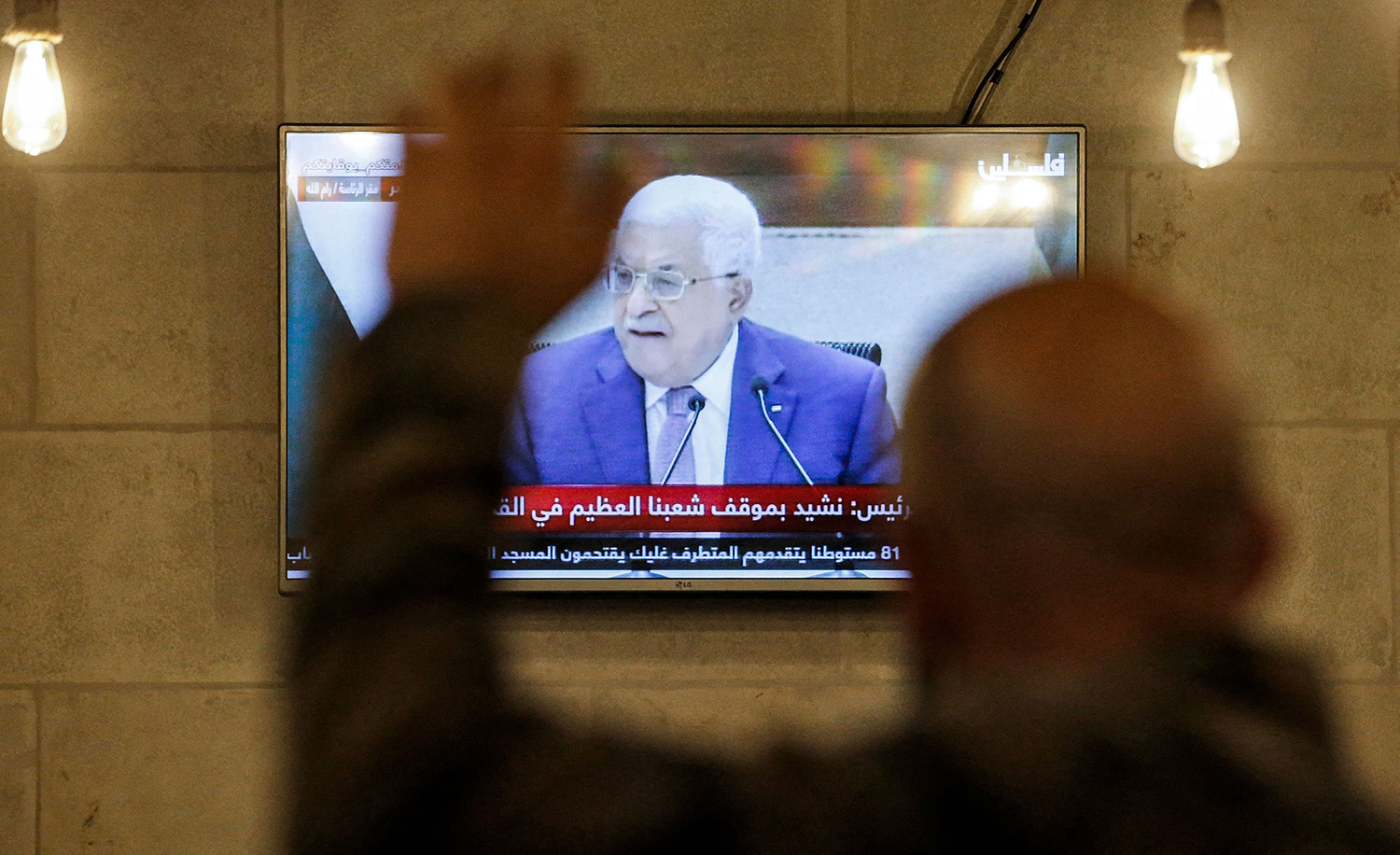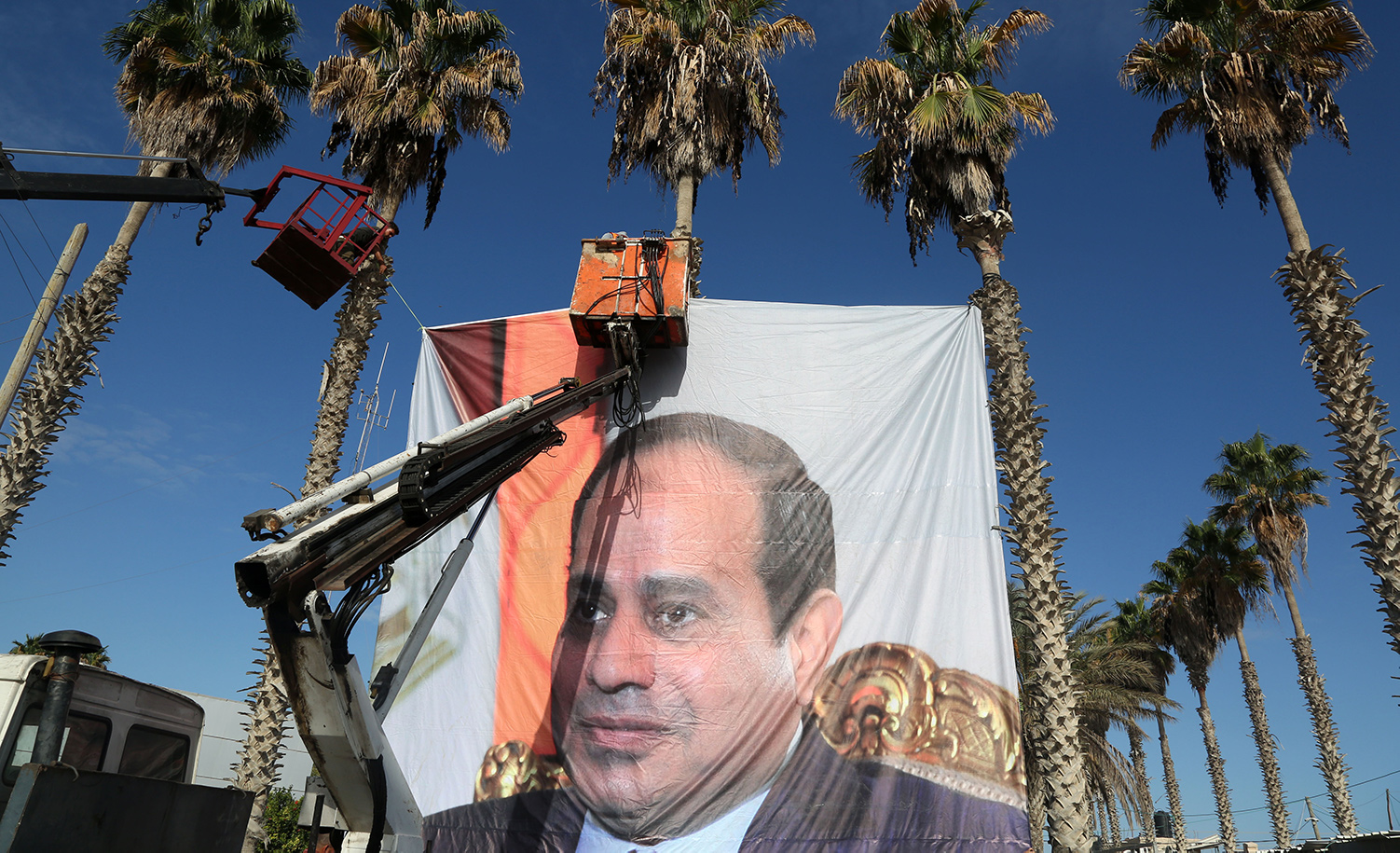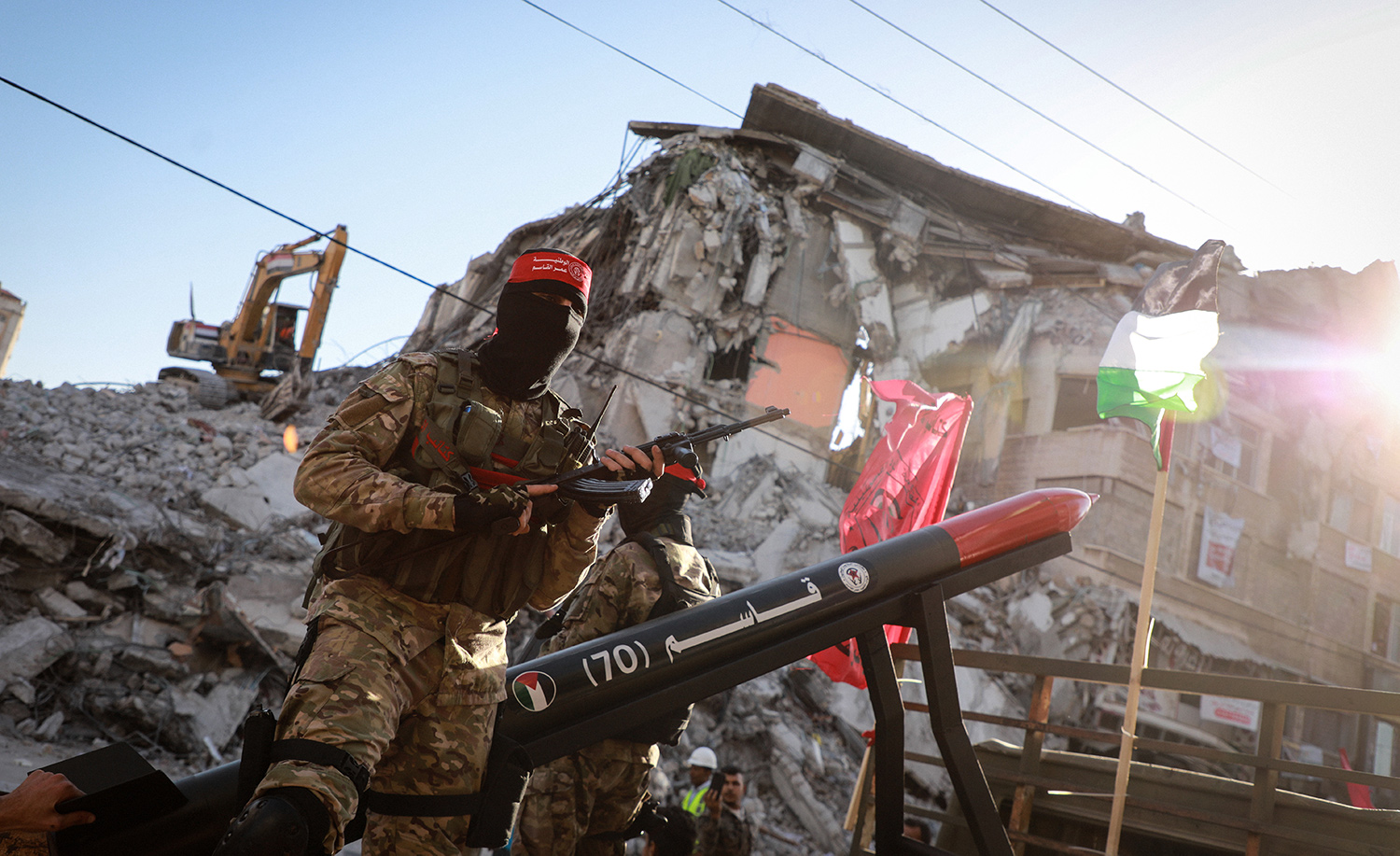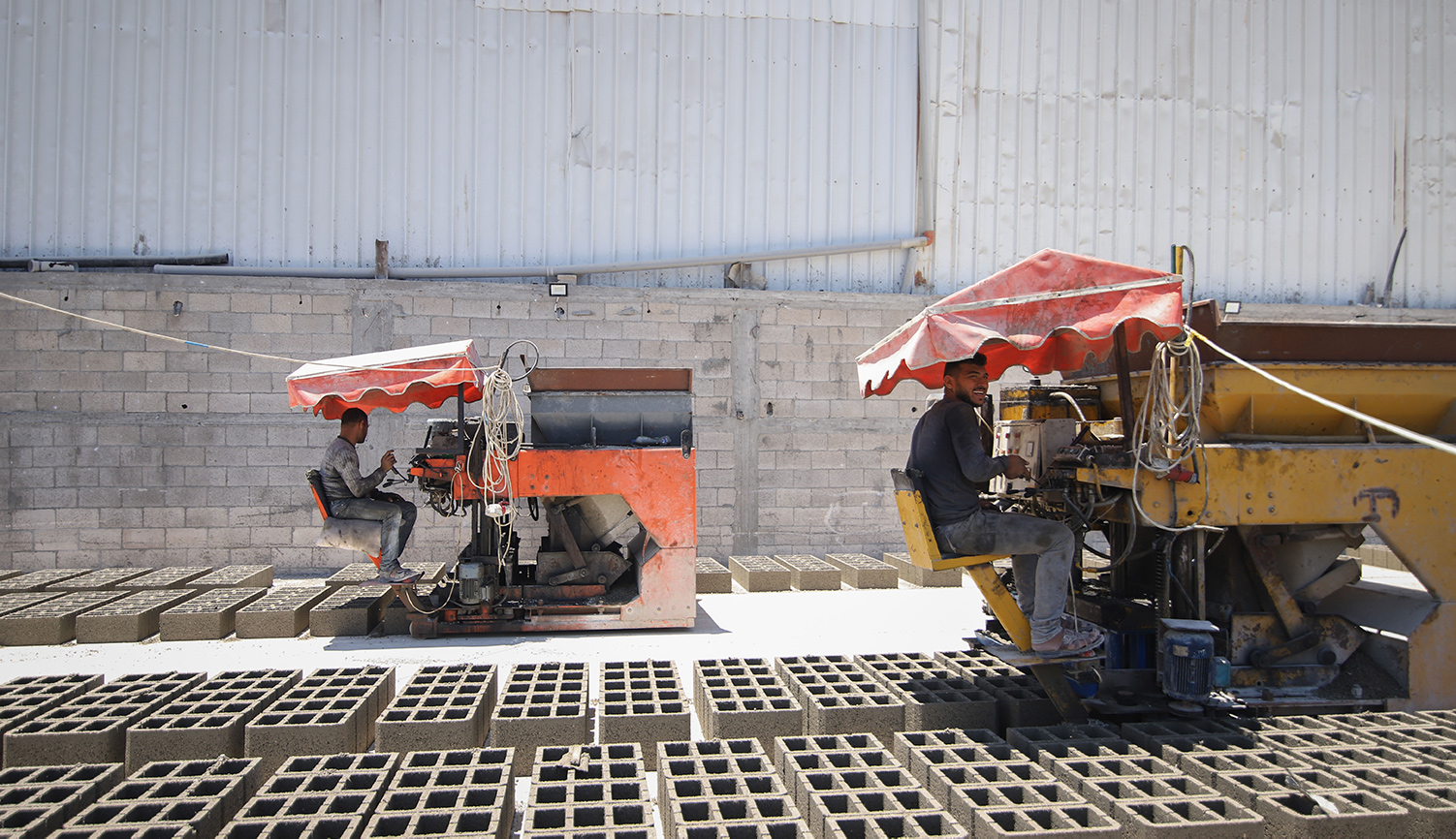If there’s one thing the recent war with Hamas made clear, it’s that Israel’s strategy for dealing with the Gaza Strip, known as “mowing the grass,” may be approaching its expiration date. And that will leave the Jewish state with only one feasible alternative—reoccupying part or all of Gaza.
Mowing the grass means that every few years, when Hamas starts a new round of violence, Israel takes military action to degrade its capabilities enough to gain another few years of quiet. Like grass on a lawn, terror inevitably grows back, and must be cut down again; yet just as mowing a lawn nonetheless serves a purpose, so too does destroying terrorist infrastructure. With the exception of the 2014 war, which included a sizable ground component, these operations generally have been short, were conducted almost exclusively from the air, and produced few Israeli casualties.
The obvious drawback to this strategy is that it buys only temporary quiet; after a few years to recover, Hamas once again rains missiles on Israel. That’s something reoccupation would prevent; it bears repeating that while Hamas has fired over 20,000 rockets at Israel from unoccupied Gaza over the last sixteen years, not one missile has ever been fired from the Israeli-controlled West Bank.
Nevertheless, the strategy’s benefits have so far outweighed this drawback.
First, reoccupying Gaza would entail far higher Israeli casualties. The 2014 war, which involved only a limited ground operation in a small section of Gaza, resulted in 74 Israeli fatalities—more than double the number in all of Israel’s other Gaza operations combined. Reoccupation would require a far more extensive ground operation, and therefore many more casualties. It would also require Israeli soldiers to remain in Gaza, likely resulting in additional deaths over the years.
Second, reoccupation would saddle Israel with the burden of managing Gaza. Though the Palestinian Authority runs civilian affairs in the West Bank, it probably wouldn’t agree to do the same in Gaza even if Israel wanted it to (which it might not), since it would fear being seen as illegitimate by its own people if it arrived on the backs of Israeli tanks.
Third, the international repercussions of reoccupation would, at least initially, be far more severe than those of a limited war in response to Hamas missile attacks.
Finally, Hamas’s continued control of Gaza has an important diplomatic benefit: it reduces both international and domestic Israeli pressure for dangerous concessions to the Palestinians in the West Bank. Not only do the Palestinians’ two rival governments make it obvious that no diplomatic agreement would bind all of them, but Hamas’s incessant violence makes it all too clear what Israel would risk by far-reaching withdrawals in the West Bank.
Nevertheless, mowing the grass has one serious flaw: Israel has consistently failed to prevent Hamas from rearming. On the contrary, after every round, Hamas has managed to acquire an even larger and more lethal arsenal than it had before. Nor is there any way for Israel to prevent this, given Hamas’s ruthless appropriation of basic humanitarian goods for its own purposes—from the cement intended for housing that it seizes to build cross-border tunnels to the water pipes it digs up to make into rockets. Consequently, the costs of each successive round keep growing.
During the latest round, for instance, Hamas fired 4,360 missiles over eleven days—almost the same as the 4,594 it fired over 50 days in 2014. In other words, it fired 396 rockets per day this time around, more than four times the 91 per day it fired in 2014. And more rockets mean more Israeli casualties. The thirteen people killed this time was more than double the total in the last air-only operation, in 2012, even though Israel has both upgraded and expanded its Iron Dome anti-missile system since then.
Moreover, while in previous rounds residents of the south bore the brunt of the rocket attacks, this time much of Israel’s economic heartland—the greater-Tel Aviv region—also came under heavy fire. Aside from disrupting the lives of many more Israelis, this shift has obvious economic implications. For instance: for the first time, Hamas forced Israel briefly to close its main international airport, Ben-Gurion, and then to divert incoming flights to Eilat for several days after Ben-Gurion reopened. Though international airlines have suspended flights to Israel before, this is the first time Israel itself has deemed Ben-Gurion at risk.
Finally, being under missile fire every few years produces an ongoing erosion in Israelis’ quality of life, mental health, and sense of security. This will only worsen as the barrages grow larger and more lethal and affect more of the country.
None of these consequences are severe enough to justify dumping mowing the grass immediately. But the increase in rocket fire from one operation to the next means the strategy’s benefits will diminish over time. During the first Gaza operation in 2008-09, which involved a limited ground incursion, Hamas fired 852 rockets, or 37 a day. Thirteen years later, in a conflict that lasted half as long and involved no ground forces, Hamas fired more than five times as many rockets in total and more than ten times as many per day.
Unless this trend miraculously reverses, at some point the pain is going to become high enough that Israel will be forced to abandon this strategy. And the only other potentially viable strategy is reoccupation.
Deterrence is impossible, because not only has Hamas proven utterly indifferent to the suffering recurrent fighting inflicts on its own people, but shooting rockets at Israel appears to be quite popular among Palestinians despite the heavy price they pay. (In contrast, a sizable portion of the Lebanese population vocally objects to Hizballah starting wars with Israel that result in massive destruction.)
Nor can Israel pin its hopes on the PA to end the violence, even if Palestinian elections were held, Hamas lost, and it consented to a peaceful transfer of power in Gaza—none of which is likely. Not only is the PA incapable of either disarming Hamas or preventing it from attacking Israel, given Hamas’s much greater military might, but it never showed any desire to do so even back when it had the power, since Palestinians largely view their armed militias as sacred, an obvious corollary of the fact that attacking Israel is popular. Instead, like Hizballah, Hamas would simply become an armed militia independent of the official government, but with even fewer restraints from popular opinion.
Finally, a diplomatic solution is obviously impossible with a group whose goal remains for Israel “to come to an end just like it began,” as its deputy political leader, Moussa Abu Marzouk, said this May.
But what about reoccupation’s costs? The price in terms of Israeli casualties is irrelevant, as is the financial price, for the simple reason that Israel won’t view this as a feasible alternative until the price of not reoccupying Gaza is worse, just as it refrained from invading PA-controlled parts of the West Bank until the second intifada’s high Israeli death toll made a major military incursion the lesser evil. Moreover, reoccupation has the significant advantage that, over time, Israel should be able to suppress the rocket fire almost completely, just as retaking the West Bank enabled it to suppress the second intifada’s suicide bombings.
And while the diplomatic costs of reoccupation would initially be severe, it’s far from clear that the long-term costs would be worse than the current policy. For the last fifteen years, all major upsurges in both anti-Israel sentiment and anti-Semitism worldwide have been sparked by Israel’s military operations, not its ongoing control of the West Bank (see, for instance, America’s 80-percent spike in anti-Semitic attacks during May’s fighting). That’s because every Gaza operation provides a steady stream of photographs of dead Palestinians to inflame tempers overseas. In contrast, the Palestinian death toll in the West Bank remains low, since Israel’s ongoing control allows it to suffice with policing operations rather than military ones.
The same holds for the lawfare assault on Israel. Aside from the case involving its settlement policy, all the investigations the International Criminal Court is now conducting against Israel stem from its responses to violence in Gaza, namely, the 2014 war and the “March of Return” protests in 2018-19. Cases filed against Israel in other countries’ courts under universal-jurisdiction laws have similarly revolved around specific military operations rather than Israel’s ongoing control of the West Bank.
Israel can also reduce the costs of reoccupation by starting to prepare for this possibility well in advance. That includes training its troops thoroughly so an incursion can be conducted with minimal Israeli casualties, as well as laying the diplomatic groundwork.
If possible, Israel should also choose the timing of the operation, since the diplomatic costs will be significantly lower under a friendly U.S. administration. In particular, with the Democratic party’s younger members increasingly turning away from Israel, the difficulties of conducting any military operation under a Democratic administration will almost certainly grow over time. But since Hamas is capable of making the same calculation, it might well force Israel’s hand. It’s no accident, for instance, that Hamas started the latest war just months after Joe Biden replaced Donald Trump in the White House (though Biden has ultimately proved more supportive of Israel than many expected).
Finally, Israel must weigh the pros and cons of partial versus full reoccupation. Partial reoccupation, coupled with threats that further attacks would result in additional parts of Gaza being retaken, might reduce Israeli casualties and mitigate some of the diplomatic consequences. It might also create deterrence by putting Hamas at risk of losing something it actually cares about: land. Additionally, it would preserve the advantages of the Hamas-PA split, since Hamas would retain control of some territory. And though it wouldn’t eliminate the rocket fire completely, it would significantly reduce it, since most launches take place near the border to maximize the rockets’ range.
But it’s also possible that the diplomatic fallout would be the same regardless of how much territory was reoccupied. In that case, Israel might be better off taking its diplomatic lumps all at once rather than risking the need to reoccupy more territory later on.
Most Israelis don’t want to reoccupy Gaza at all. But if current trends continue, they may someday have no choice. Therefore, Israel must be prepared when that day comes.
More about: Israel & Zionism
